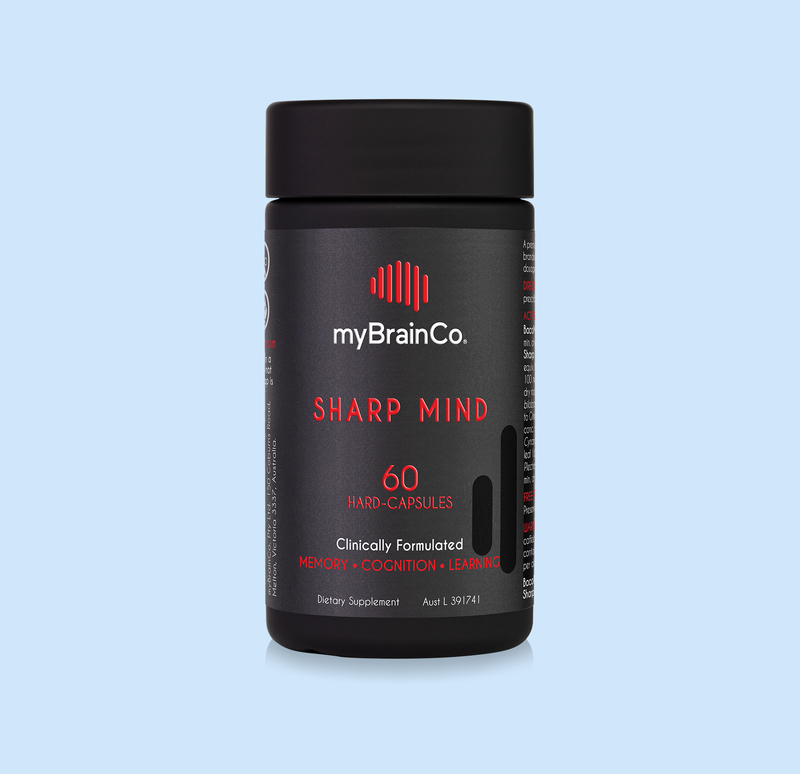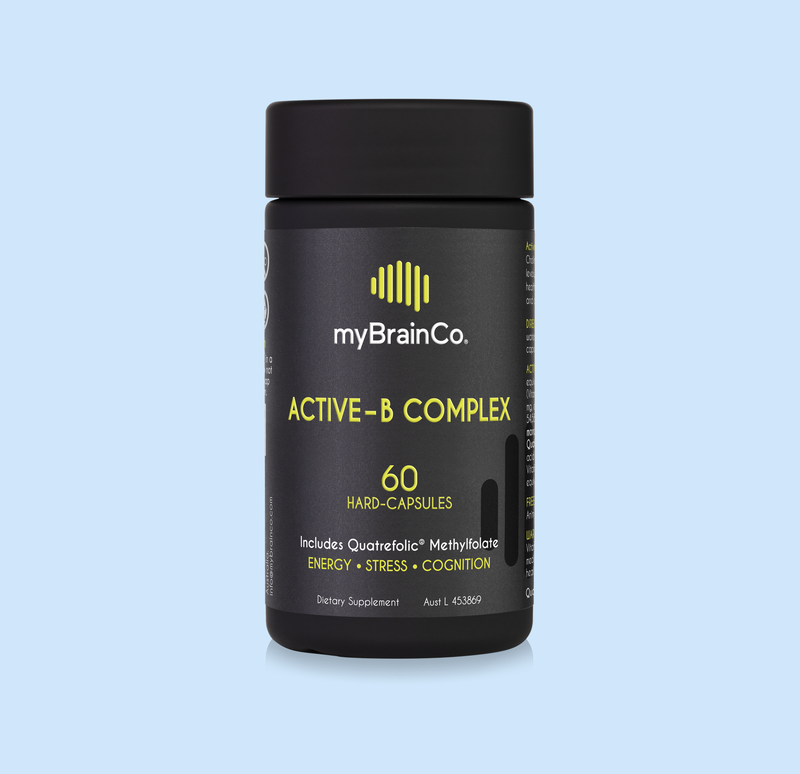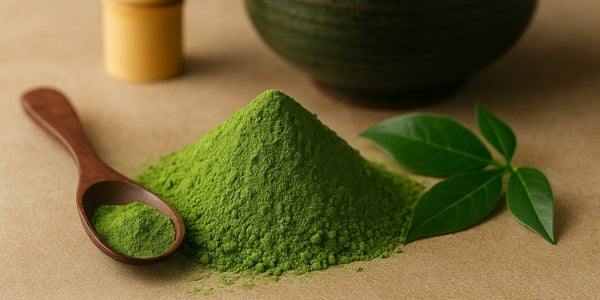What is Matcha?
Matcha is a beautiful, finely ground green tea powder derived from the leaves of the Camellia sinensis plant. Unlike traditional green tea, where leaves are steeped and discarded, matcha involves consuming the whole leaf of the plant, in powdered form, where you obtain the full benefits of its nutrient density.
The cultivation technique of matcha involves shading the tea plants for about three weeks before harvest, a process that increases chlorophyll content and boosts levels of L-theanine, a highly beneficial amino acid associated with relaxation and cognitive benefits. After harvesting, the leaves are steamed, dried, and stone-ground into a fine, vibrant green powder.
Matcha: A Japanese Tradition
Matcha has a long-standing history in Japanese culture, particularly in Zen Buddhist traditions. Samurai warriors are said to have consumed matcha before battles to help enhance alertness and endurance, while monks used it as a meditation aid due to its ability to promote a calm yet focused mental state.
The traditional practice of the Japanese tea ceremony centres around matcha preparation as an exercise in mindfulness and aesthetic appreciation. Both the making of and consumption of the beverage contributes to a calm and present mind.
Scientific Evidence for Matcha’s Wellbeing Benefits
Recent scientific studies highlight matcha’s broad range of health benefits, including potent antioxidant activity, metabolic enhancement, and cardiovascular support. Matcha is rich in catechins, particularly epigallocatechin gallate (EGCG), a polyphenol with potent free-radical-scavenging properties that may reduce oxidative stress and inflammation.
Matcha consumption has also been positively linked to weight management, as EGCG has been found to increase thermogenesis and fat oxidation, supporting improvements to metabolic health. Additionally, matcha’s combination of catechins and caffeine contributes to improved exercise performance and endurance.
Matcha and Cognitive Wellbeing
Matcha is popular with biohackers due to its nootropic effects. Its signature combination of caffeine and L-theanine provides a unique synergy: caffeine enhances alertness, while L-theanine promotes a state of relaxed focus, reducing the jitteriness often associated with stimulants. This makes matcha a superior alternative to traditional caffeine sources like coffee.
Several studies have demonstrated matcha’s positive impact on cognitive performance. Research shows that matcha enhances working memory, reaction time, and executive function, particularly under conditions of cognitive fatigue. The neuroprotective properties of matcha’s antioxidants may also play a role in mitigating age-related cognitive decline. EGCG, for instance, has been studied for its potential to reduce amyloid-beta plaques associated with Alzheimer’s disease.
Matcha’s ability to enhance neurogenesis and support nerve function suggests it holds potential in supporting neuroregeneration and long-term brain health. By contributing to improved mood regulation and mental clarity, it may be a valuable daily habit that can promote optimal cognitive performance.
Is Matcha Right For You?
Matcha is emerging as more than just a trendy health beverage; it is a potent therapeutic tool that can be deployed as part of lifestyle choices aimed at optimising cognitive function, metabolic health, and overall wellbeing.
Its unique blend of L-theanine, caffeine, and beneficial antioxidants provides a scientifically sound means to enhance focus, mental clarity, and contribute to neuroprotection, making it an ideal, healthful choice over other stimulating beverages.
References
Kochman J, et al. Health Benefits and Chemical Composition of Matcha Green Tea: A Review. Molecules. 2020 Dec 27;26(1):85.
Li X. Analysis of the Aesthetics of Japanese Tea Ceremony. Critical Humanistic Social Theory. 2004 Sept;1(2):6-12.
Weiss DJ, et al. Determination of catechins in matcha green tea by micellar electrokinetic chromatography. Journal of Chromatography A. 2003;1011(1-2):173-180.
Suzuki T, et al. Beneficial Effects of Tea and the Green Tea Catechin Epigallocatechin-3-gallate on Obesity. Molecules. 2016 Sep 29;21(10):1305.
Venables MC, et al. Green tea extract ingestion, fat oxidation, and glucose tolerance in healthy humans. The American Journal of Clinical Nutrition. 2008;87(3):778-784.
Hodgson JM, et al. Acute effects of tea on fasting and postprandial vascular function and blood pressure in humans. J Hypertens. 2005 Jan;23(1):47-54.
Shigeta M, et al. Matcha green tea beverage moderates fatigue and supports resistance training-induced adaptation. Nutr J. 2023 Jul 5;22(1):32.
Einöther SJ, et al. (2013). Acute effects of tea consumption on attention and mood. American Journal of Clinical Nutrition 2013:98(6):1644S-1648S.
Mancini E, et al. Green tea effects on cognition, mood and human brain function: A systematic review. Phytomedicine. 2017 Oct 15;34:26-37.
Mandel SA, et al. Targeting multiple neurodegenerative diseases etiologies with multimodal-acting green tea catechins. J Nutr. 2008 Aug;138(8):1578S-1583S.
Pervin M, et al. Function of Green Tea Catechins in the Brain: Epigallocatechin Gallate and its Metabolites. International Journal of Molecular Sciences. 2019; 20(15):3630.




